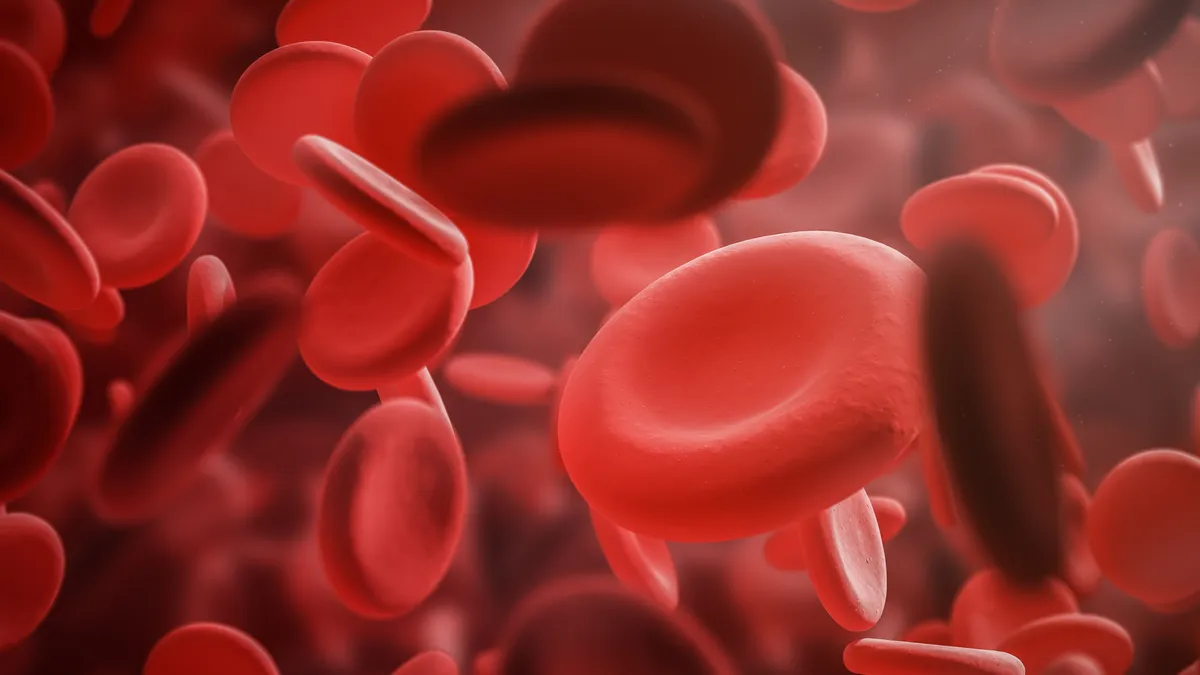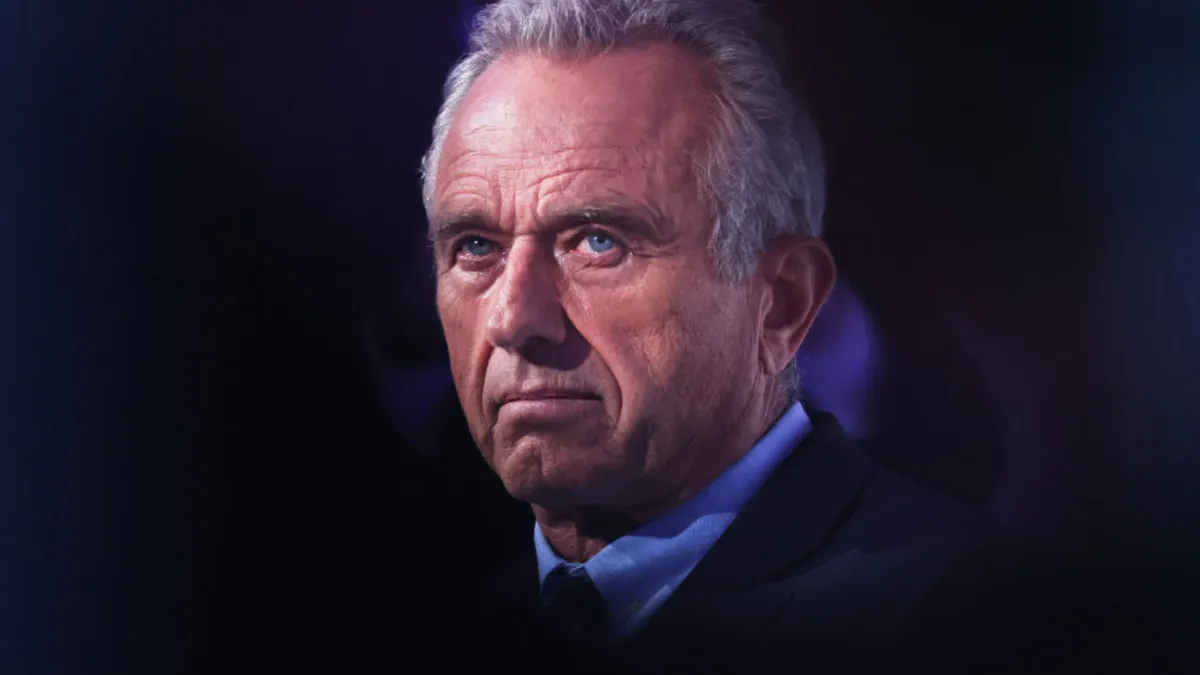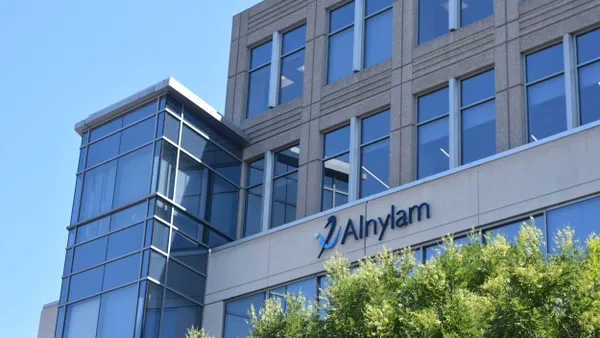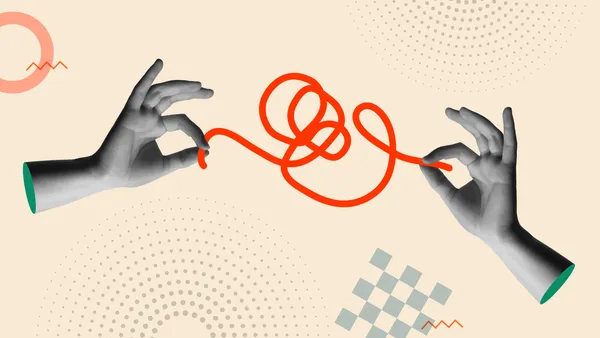Dive Brief:
- BioMarin Pharmaceutical is struggling to sell the first marketed gene therapy for the most common form of hemophilia, announcing on Thursday minimal revenue from the treatment, called Roctavian.
- In its latest earnings report, BioMarin said Roctavian generated $2.7 million in sales during the fourth quarter and $3.5 million in all of 2023, as three total patients — two in Germany and one in the U.S. — were treated last year. New CEO Alex Hardy told analysts the company is seeing progress in “market access,” but is “very mindful of the return on investment” with Roctavian.
- Roctavian is one of two important new products for BioMarin, which is reviewing its business under new management and deciding what research to continue supporting. The other, a drug for dwarfism called Voxzogo, is surpassing expectations. Sales totaled $146 million last quarter, more than double the previous period.
Dive Insight:
Roctavian’s approval was a scientific milestone, the culmination of years of research developing a genetic medicine for the chronic blood disease hemophilia A.
Its launch, which began in Europe in 2022 and the U.S. last year, has been a focus for analysts and investors, many of whom viewed the product as a blockbuster-to-be. As a one-time, long-lasting treatment, Roctavian is billed as an alternative to the chronic therapies people with hemophilia A use to prevent bleeding.
Leerink Partners analysts once projected $2.2 billion in peak sales for Roctavian, and BioMarin was similarly optimistic, estimating in June the therapy would generate anywhere from $50 million to $150 million in 2023.
Yet so far, the drug is another cautionary tale of the challenges drugmakers can face selling a gene therapy. By November, BioMarin had slashed its revenue forecasts for 2023 to less than $10 million. And while Roctavian is included in BioMarin’s $2.7 to $2.8 billion in expected sales in 2024, its contributions will be “relatively modest,” said Chief Financial Officer Brian Mueller, on a conference call.
Multiple analysts cut their sales forecasts afterward. Leerink now expects about $1 billion in peak yearly sales, while Piper Sandler analyst Christopher Raymond projects $25 million, $31 million and $57 million, respectively, in sales each of the next three years.
On a conference call, CEO Hardy went through the “complexity” of getting patients on treatment. “We need a motivated patient, supportive payer and a treatment site with a physician who is willing to use the product,” he said. “For a pioneering new therapy, this isn’t a surprise.”
Hardy added that some of the metrics BioMarin tracks, such as the readiness of treatment sites and reimbursement approvals with payers, “have not correlated directly with patient uptake.”
Some analysts are now questioning BioMarin’s investment in the drug. One even asked BioMarin executives whether the company might divest its gene therapy work or Roctavian itself, noting how the company is spending similar amounts on the therapy as it is on the fast-selling Voxzogo.
The sales figures are “a pretty remarkable disappointment” from initial projections, Piper analyst Raymond wrote in a note to investors. “The commercial handwriting is on the wall.”
BioMarin is preaching patience, however. Hardy said the company is “very much at the early stage” with Roctavian and this year and next will reveal its true sales trajectory. “We intend to let the results do the talking for Roctavian uptake,” he said.












